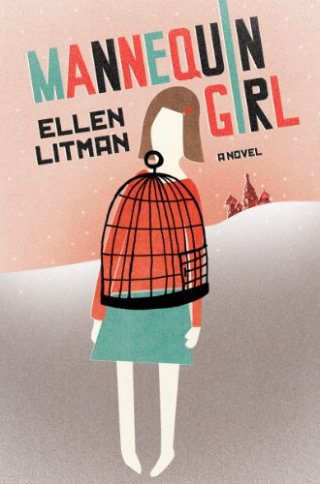
In my New York Journal of Books review I describe Ellen Litman's second novel Mannequin Girl as “a welcome addition to the coming of age genre that will appeal both to adult readers and to precocious teenagers.” Also see my examiner article about this novel set in 1980s Moscow, which begins with the next paragraph.
Jewish books: Ellen Litman's Mannequin Girl describes childhood in 1980s Moscow
To those of us who participated in rallies and other activities in the 1970s and 1980s on behalf of the right of Jews living in the Soviet Union to emigrate the complete lack of Jewish ritual observance in the family life of Kat Knopman and her parents Misha and Anechka in 1980s Moscow as depicted in Ellen Litman’s second novel Mannequin Girl (forthcoming from W.W. Norton in the middle of next month) will come as no surprise. Kat has a physical disability and attends a school for children with her condition, and amid increasing anti-Semitism during the USSR’s final years her Jewishness also becomes a disadvantage.
What is surprising is how normal Kat’s childhood seems despite her disability and the novel’s setting. Some aspects of childhood—friendships, rivalries, and being both the victim and perpetrator of malicious behavior—are more or less the same in most countries.
I related to Kat on a personal level, because like her I am the child of intellectual parents, and during my childhood and young adulthood I too felt the burden of being expected to realize my potential.
In my New York Journal of Books review I describe Mannequin Girl as “a welcome addition to the coming of age genre that will appeal both to adult readers and to precocious teenagers.”
 Ellen Litman
Ellen Litman